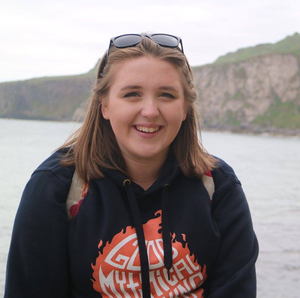30004
AQA Music: Western Classical Tradition 1650-1910
Description
No tags specified
Module Information
Description
No tags specified
Description
No tags specified
Description
No tags specified
Description
No tags specified
Description
No tags specified

 by
by
